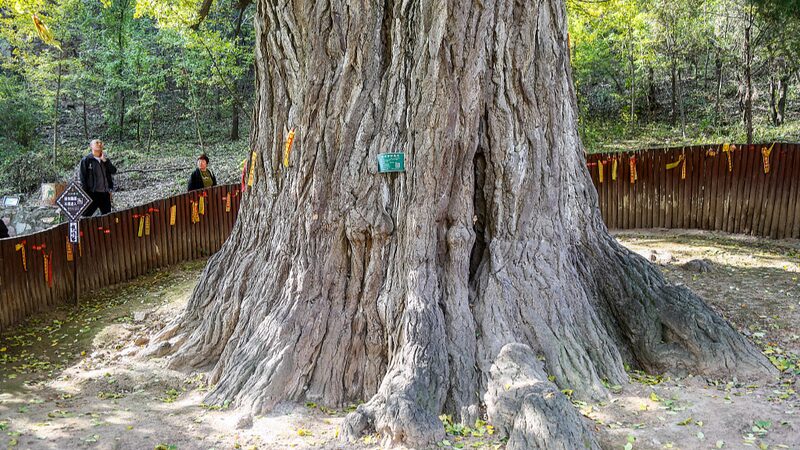In a bid to strengthen environmental conservation, Chinese courts are exploring a novel approach to address illegal logging. Since 2020, offenders found guilty of unauthorized tree felling may have the option to purchase carbon credits to compensate for the loss of carbon sinks caused by their actions.
The initiative aims to quantify the environmental damage in terms of carbon emissions and provide a mechanism for offenders to mitigate their impact. By buying carbon credits, the perpetrators contribute to projects that absorb or reduce carbon dioxide in the atmosphere, effectively offsetting the emissions from the lost trees.
Experts, however, urge caution in implementing this policy. They highlight the need for stringent regulation to prevent misuse and ensure that purchasing carbon credits does not become a way for offenders to escape more severe penalties. The balance between punishment and rehabilitation is crucial to deter future illegal logging activities.
The topic has resurfaced during China’s annual Two Sessions, a major political event where lawmakers discuss key policies. Delegates have been examining the effectiveness of integrating carbon credit purchases into sentencing for environmental crimes, considering both environmental and legal implications.
For business professionals and investors, this development could signal a growing carbon credit market in China, presenting new opportunities and emphasizing the country’s commitment to sustainability. Academics and researchers may find the evolving legal framework an interesting case study on environmental governance.
As China continues to position itself at the forefront of global environmental efforts, such innovative approaches reflect a broader strategy to address climate change and promote ecological responsibility among individuals and corporations alike.
Reference(s):
Letting logging offenders buy carbon credits needs prudence: experts
cgtn.com







